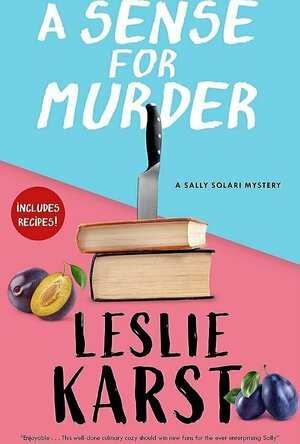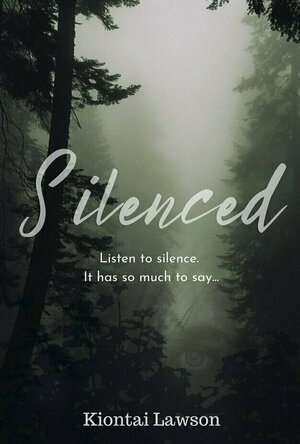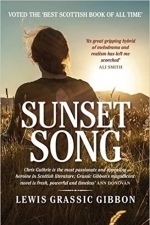
Alternative War
Book
In Alternative War, former police officer turned investigative journalist James Patrick tackles...
Politics International Relations
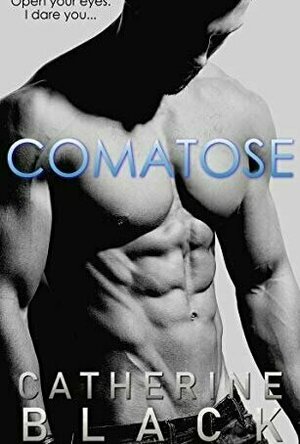
Comatose (Vixen Bluff #1)
Book
Shaye Robinson never questions her role as the tame, submissive sweetheart of Vixen Bluff's...
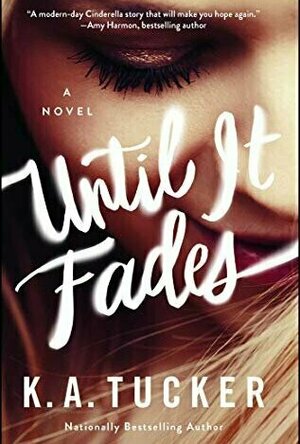
Until It Fades
Book
“Touching and complex…Tucker unerringly hits all the high notes of romance—the spark, the...

Baldur's Gate
Games
App
This is Baldur's Gate: Enhanced Edition! Forced to leave your home under mysterious circumstances,...
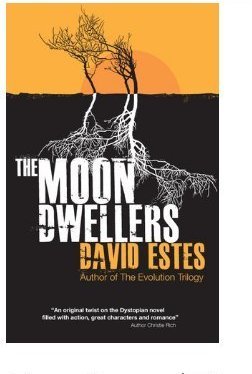
The Moon Dwellers (The Dwellers #1)
Book
In a desperate attempt to escape destruction decades earlier, humankind was forced underground, into...
Dystopia Sci-fi Action Adventure YA Young Adult
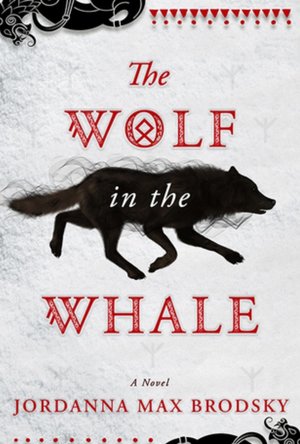
The Wolf in the Whale
Book
'IMAGINATIVE AND COMPELLING' Juliet Marillier, author of the Sevenwaters Series THERE IS A VERY OLD...
Historical Fiction Mythology
Mark @ Carstairs Considers (2464 KP) rated A Sense for Murder in Books
Aug 3, 2023
The book takes a bit of time setting up the suspects, but it isn’t too long before the body is found and things really pick up. There were several puzzling twists on the way to the satisfying climax. I was anxious to see how Sally’s relationship with her new boyfriend was going to go. I appreciated that their storyline didn’t drag their conflict out too much. The rest of the cast was great; we mostly focus on the suspects, and they kept me guessing. The book touches on the issue of the homeless, and I felt it did a good job of presenting the concerns fairly, which I appreciated. We also dabble a little with the sixth sense in this book, but it didn’t go so far that it bothered me or took this book out of the real world. There are five gourmet recipes at the end to enjoy later. This series was always intended to be a six book series, and if the author does stick with that, fans will be happy with where Sally winds up here.

Men of Khyber
Book
Jawar Dil is the influential and charismatic leader of a powerful Hindu clan in Khyber. His skill in...
historical fiction
